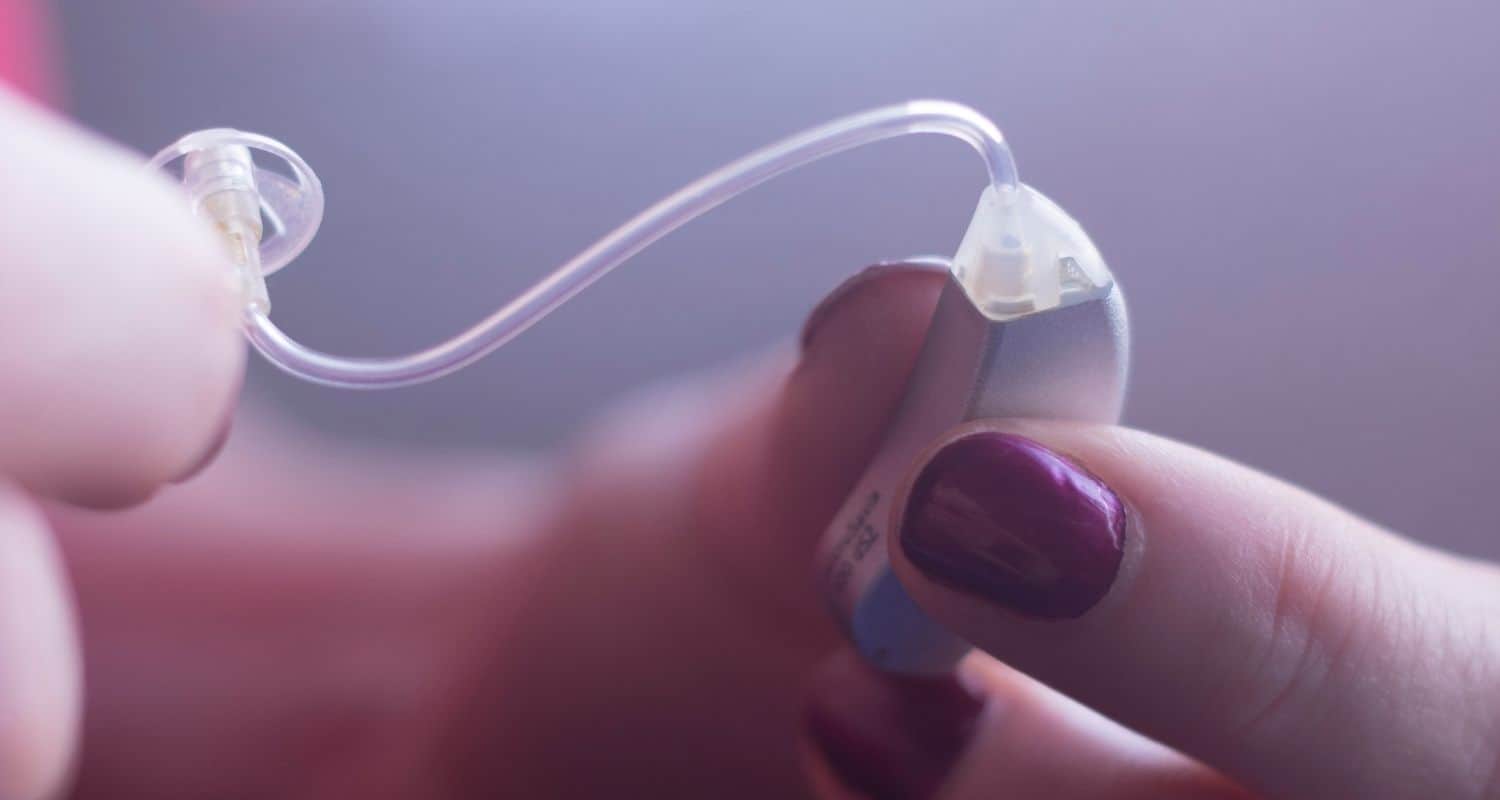
If you are the proud owner of a new pair of hearing aids, congratulations! Your future self will thank you for making this investment in your wellbeing. Hearing aids help millions of Americans communicate better and improve their quality of life, so you are making a healthy step toward betterment, indeed. Although our hearing health professionals are here to guide you through the process of getting used to your new hearing aids, you will also be curious to know some of the basics of these tools. Without getting into the many features and designs that make one pair of hearing aids different from another, there are a few common pointers that can help you get to know any pair of hearing aids. Our experts will be able to explain the features that are unique to your hearing aids, and this guide can provide a baseline approach to acquainting yourself with your new aids.
How do hearing aids work?
Hearing aids improve your ability to listen in the world and to communicate, and they have many different strategies for doing so. In a general sense, hearing aids amplify the sound of the world. They take an audio signal captured with a microphone and they bump it up to a level that you can hear. Analog hearing aids use an electrical process to do so, and digital hearing aids also process the sound by transforming it into a binary code of 1s and 0s. That digital process makes it possible to not only raise the volume on the world but also to accentuate certain sounds while leaving others in the background.
How do I care for my hearing aids?
The basic task of caring for your aids is to make sure they are free from debris, earwax, and moisture. You can do so by wiping them down with a clean, dry cloth from time to time. You might want to invest in a brush or wire loop that will clean out the tiny components where earwax can become lodged. If you drop your hearing aids in liquid, they might be okay. Many hearing aids have some water resistance, making them functional when you sweat or get caught in the rain. If you need to dry out your hearing aids, you can try placing them in a sealed plastic bag of rice or investing in a professional hearing aid dryer. Beyond these simple fixes, you should contact our professionals for guidance on what you can do to care for your aids.
How should I adjust to my hearing aids?
Unlike eyeglasses that you can put on and immediately see with clarity, hearing aids work a little differently. They accentuate sounds you might not be used to. If you notice that your hearing aids are uncomfortable at first, you can gradually get used to them step by step. Try wearing them for a short time each day. Although you might find hearing aids uncomfortable at first, you will quickly adjust to the spectrum of sounds they produce. It is wise not to put in your hearing aids and go driving at first. Instead, get used to your hearing aids in safe settings where you are familiar with things. After you adjust in that setting, you can try out your aids in another context, such as driving.
How do I learn more about my hearing aids?
In the first place, you can contact our offices with any questions or needs you might have. We can give you the information you need to understand your aids and to use them right away. If you are curious to learn more, you can access a manual for your aids through the manufacturer. These details will explain how to use all of the features they have, including some that you might not even know about. Many of the latest hearing aids have Bluetooth capability, and that function makes it possible to control settings through an app on your smartphone. If your aids have this feature, you can consult the manual for assistance. As always, don’t hesitate to talk with our hearing health professionals about any concerns or questions you might have.
